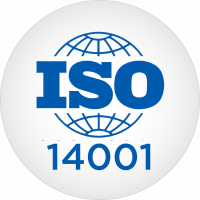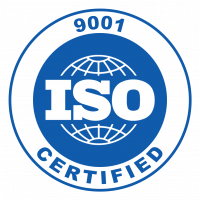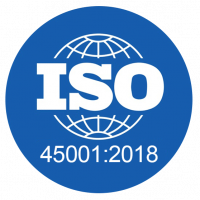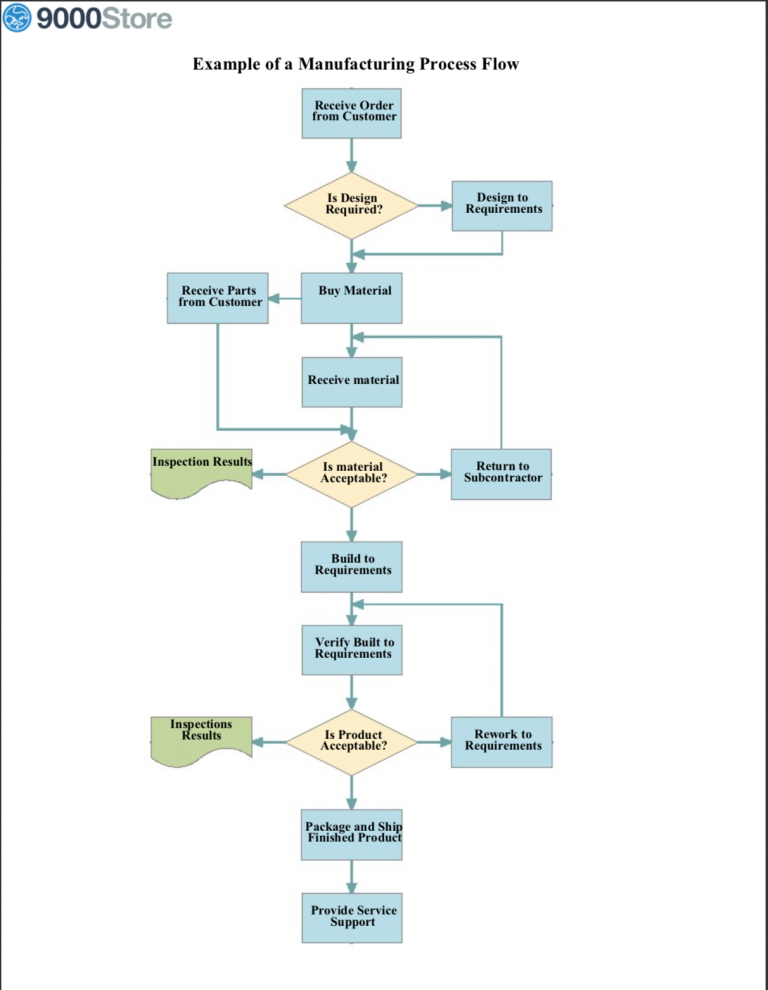Providing Best ISO Management Services
Providing the Best ISO services ,by understanding the need of the customer in given time efficiently



What ISO Management system is
A management system is the way in which an organization manages the interrelated parts of its business in order to achieve its objectives. These objectives can relate to a number of different topics, including product or service quality, operational efficiency, environmental performance, health and safety in the workplace and many more.
The level of complexity of the system will depend on each organization’s specific context. For some organizations, especially smaller ones, it may simply mean having strong leadership from the business owner, providing a clear definition of what is expected from each individual employee and how they contribute to the organization’s overall objectives, without the need for extensive documentation. More complex businesses operating, for example, in highly regulated sectors, may need extensive documentation and controls in order to fulfil their legal obligations and meet their organizational objectives.
Our expertise
ISO Management Systems.
We offer a professional, award-winning solution to ISO Management Systems. Specialist consultants provide guidance every step of the way to ensure that the Management System is implemented as efficiently and effectively as possible. From the first consultation through to certification, this can take as little as 45 days.
ISO consultancy
ISO Consultants are experts who help businesses to implement Management Systems and achieve subsequent certification. It is highly beneficial to have the support of an ISO Consultant to walk you through the process and offer practical advice at every step of the way.
Becoming ISO Certified
A good ISO Consultant will assess the current position of your business and identify the exact steps you need to take in order to fulfil the requirements of the ISO Standards. They know the standards inside out and eliminate any guesswork. This massively speeds up your progression and streamlines the process of becoming ISO certified.
Example Process

ISO Families
ISO norms are produced in series, also appertained to as families. This means that they include different editions of the same Standard.
For case; ISO 9000 is frequently appertained to as the family name. ISO 9001 is the edition you would want to be certified to because it specifies the introductory conditions you must fulfil to apply a operation System which demonstrates that you can constantly give products and services that meet your guests ’ needs, as well as the applicable statutory and nonsupervisory conditions.
When enforcing the 9001 Management System, you might also choose to borrow the practices described in ISO 9004 because it’s designed to make your quality operation system more effective in achieving your business pretensions and objects and it gives guidelines for enhancing an organisation’s capability to achieve sustained success.
There are also further supporting guidelines, similar as ISO 19011( guidelines for auditing Management Systems) which can be of value because it provides guidance on inspection programmes, the conduct of internal or external checkups, and information on adjudicator capability.
ISO Models

ISO 9000 FAMILY — QUALITY MANAGEMENT

ISO 14001 Certification Environmental Management

ISO 45001 Certification Occupational Health & Safety Management

ISO 27001 Certification Information Security Management

ISO/IEC 27001 — INFORMATION SECURITY MANAGEMENT

ISO 50001 — ENERGY MANAGEMENT

ISO 14000 FAMILY — ENVIRONMENTAL MANAGEMENT

ISO 20121 — SUSTAINABLE EVENTS
Processes and Procedures
Formally speaking, a Management System consists of a number of processes and procedures which a business will follow as they go about providing their products and services. The function of Management System guidelines is to help businesses fulfil certain goals – the most common of which are:
- The provision of consistent, high-quality services and products
- The minimisation of environmental impact
- The assurance of data protection from various informational security threats such as viruses and hackers
- The protection of the health and well-being of workers
- The efficient use of energy
- The minimisation of food safety risks and spoilage
For each of these goals, there is a Management System Standard, a topic that will be discussed in further detail later. Nevertheless, hopefully you’ve now grasped an idea of what Management Systems are and how they may benefit your business
WHAT’S THE DIFFERENCE BETWEEN A 'TYPE A' AND 'TYPE B' MSS?
As a consequence, one should only find recommendations (guidelines) or supporting information in a Type B MSS. Some MSSs can contain a mix of requirements and guidelines: as they contain requirements, they will be considered Type A MSSs. Usually, a Type B MSS (e.g. ISO 50004) provides guidance on the application of a Type A MSS (e.g. ISO 50001). However, some Type B MSSs are independent (e.g. ISO 19600).
Management Standards (MS) support governance and leadership functions, at all levels. They are designed to be widely applicable across economic sectors (or specific to some), various types and sizes of organizations and diverse geographical, cultural and social conditions. MS can be considered as overarching documents for the sound governance of an organization. Using MSS can be a practical way of supporting decisions resulting from the implementation of a MS.
To claim conformance with a standard, an organization needs evidence that it is meeting the requirements. Such evidence gathering is generally done by undertaking an audit. There are three types of audits: first-party, second-party, and third-party. First-party audits are internal audits. Second and third party audits are external audits. A third party audit can result in certification. Regarding certification: certification can only take place against a document that contains requirements. Therefore, Type B MSS cannot be certified against.
Certifications
The International Accreditation Forum (IAF) is the world association of Conformity Assessment Accreditation Bodies and other bodies interested in conformity assessment in the fields of management systems, products, services, personnel and other similar programmes of conformity assessment.
ILAC is the international organisation for accreditation bodies operating in accordance with ISO/IEC 17011 and involved in the accreditation of conformity assessment bodies including calibration laboratories (using ISO/IEC 17025), testing laboratories (using ISO/IEC 17025), medical testing laboratories (using ISO 15189), inspection bodies (using ISO/IEC 17020) and proficiency testing providers (using ISO/IEC 17043).
